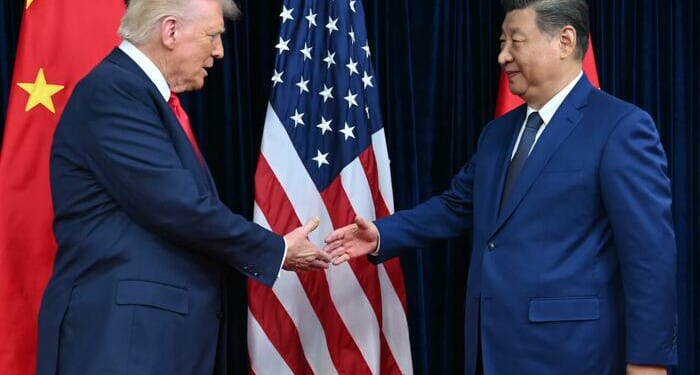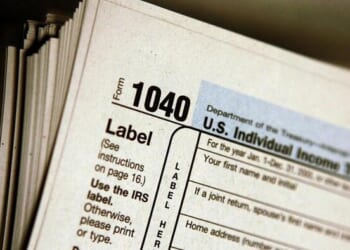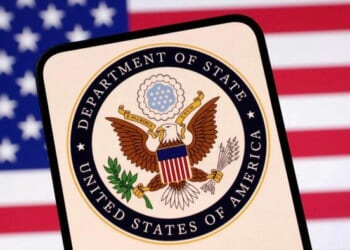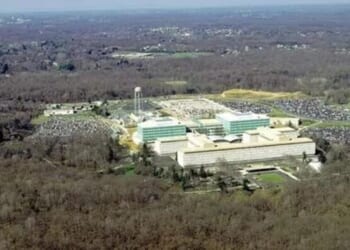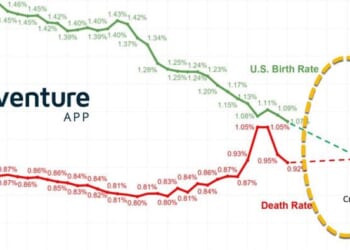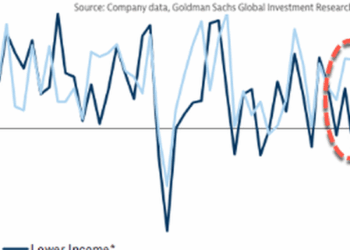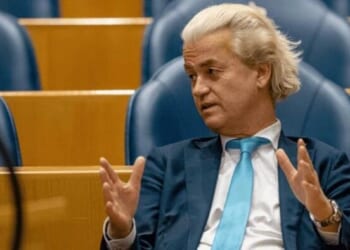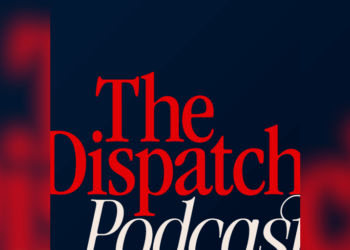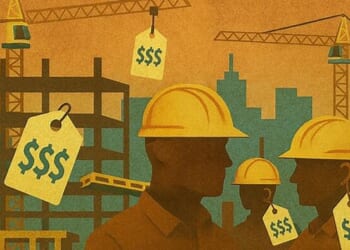By Bas van Geffen, Senior Macro Strategist at Rabobank
The ECB’s policy decision did not spook markets yesterday. The deposit rate was left at 2% for the third time in a row. Only limited new information had come out since September, and therefore policymakers saw no reason to adjust their policy stance when they also deemed this unnecessary last month.
Looking ahead, Lagarde left all options open, but the ECB president did conclude that downside risks have lessened somewhat. We would add that the doves’ case for another rate cut in December is too.
In September, the ECB had already concluded that the risks to the economic outlook had become more balanced. Yesterday, Lagarde noted that the EU-US trade deal, the ceasefire in the Middle East, and the US-China agreement that was announced shortly before the ECB’s decision “have mitigated some of the downside risks.”
These risks haven’t disappeared completely, though. The agreement between Presidents Trump and Xi sounded more like another short-term ceasefire than a path towards something more long-term. Bloomberg reports that Chinese companies are betting that the truce will not last.
Beijing will not tighten its export restrictions on critical minerals for a year, and China will buy “large amounts” of US soybeans. Trump declared it a big victory. According to the US president, the two countries have settled their differences and there is now “no roadblock at all on rare earth.” However, as we read it, China has agreed to pause additional restrictions on rare earth exports; not to roll back existing export controls. So, industry shortages may not disappear as quickly as Trump expects.
On paper, the deal gives markets a year of respite. But that hardly seems enough for the US (and Europe!) to secure their own, parallel, supply chains for these minerals – even as Chinese export restrictions lead to more coordination among the West. The G7 energy ministers agreed to launch a Critical Minerals Production Alliance that will “secure transparent, democratic, and sustainable critical mineral supply chains across the G7.” So far there are few details, but this initiative was undoubtedly given fresh impetus following China’s decision last month.
This new alliance comes on top of national initiatives. The US government is actively taking stakes in companies involved in critical minerals. And earlier this week, EC President Von der Leyen announced a RESourceEU plan that comes on top of Europe’s Critical Raw Materials Act. Nonetheless, reducing the dependence on China is something that will take considerable time.
Until that day, the US may still feel that China is squeezing some of these supply chains. Again, yesterday’s deal does not require China to accelerate its exports from the current drip feed. So, a new escalation could come back to haunt markets earlier than expected. But as long as the US remains reliant on Chinese supplies of critical minerals, Xi holds a trump card.
This week’s deal illustrates that well. Trump touted it as a big win, but the US president did make quite a few concessions in return. Import tariffs on Chinese goods will be lowered and additional port fees on Chinese ships will be rolled back. The US will also roll back changes in the entity list, which imposed trade sanctions on companies that are at least 50% owned by a Chinese entity.
Despite these delays, some of the damage may already be done. These changes to the US sanctions list were arguably part of the reason for the Dutch government to cease control of a chipmaker, leading to a fallout between the EU and China. In response, Beijing blocked the export of Nexperia’s chips that are made in China. That has the global auto industry scared for chip shortages.
In short, trade tensions and geopolitical risks remain. But so far, these have not affected the Eurozone economy as much as feared. The economy expanded 0.2% q/q in the third quarter, beating expectations of near-stagnation. The Eurozone economy has thus shown greater resilience to the US trade war than we had anticipated, but we believe that the full impact of the tariffs has yet to materialise in the coming quarters.
Over the medium term, domestic demand remains a key driver of growth in the euro area – and that may actually be partly instigated by shifts in global trade and geopolitics. Capital investments in France and Germany picked up, while the Netherlands reported stronger exports of machinery and equipment – is this a sign that Europe is shifting to more local purchases?
On that note, Germany is reportedly considering paying telecom operators to replace Chinese equipment in their networks with alternatives.
Loading recommendations…

